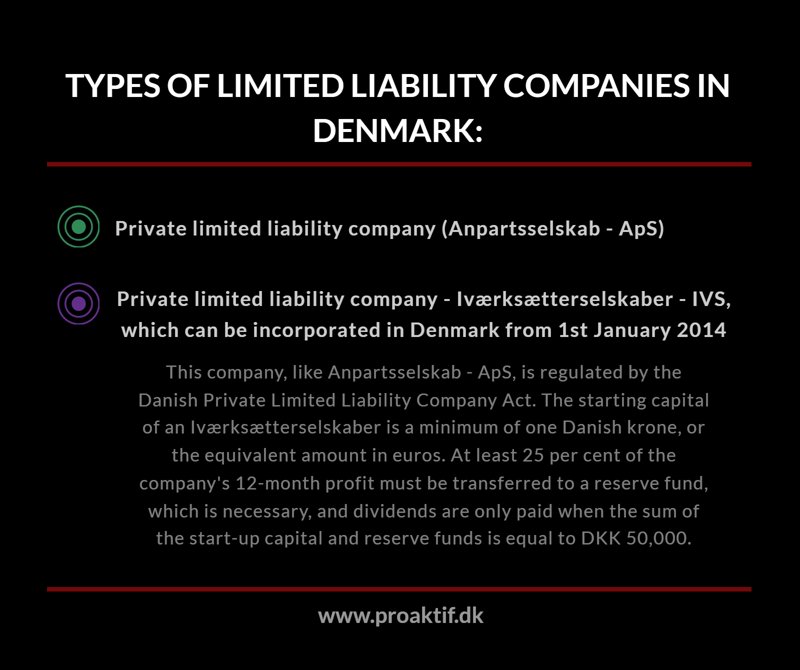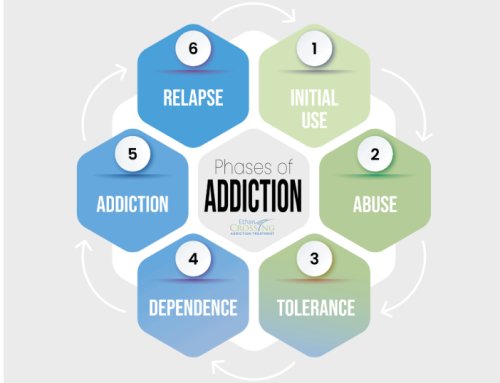1. What Is an ApS in Denmark?
An ApS (Anpartsselskab) is a popular type of private limited company in Denmark, often chosen by small and medium-sized businesses. This structure offers limited liability, meaning owners are only responsible for the company’s debts up to the amount they’ve invested previously. It’s a flexible option that’s well-regarded by foreign entrepreneurs looking to set up a business in Denmark.
An ApS in Denmark is especially attractive because it provides credibility, protects personal assets, and opens doors to European markets. For many foreign investors, it’s a great way to enter the Scandinavian business scene.
Unlike a sole proprietorship, an ApS keeps personal and business finances separate, making a clear distinction between the company’s liabilities and the owner’s personal assets. This separation is especially useful in high-risk industries or for businesses looking for outside investment.
2. Benefits of Setting Up an ApS
The ApS structure offers several advantages:
- Limited liability: Protects the personal assets of shareholders.
- Attractive to investors: This formal structure can help attract capital and business partners.
- Tax benefits: Danish corporate tax regulations are competitive in Europe.
- Market access: Operating as an ApS provides easier access to European markets and trade agreements.
An ApS also enhances the company’s professional image. Danish laws require that the company’s name clearly indicates its status as an ApS, which assures partners and clients of the business’s credibility. The formal structure of an ApS can also simplify dealings with banks, suppliers, and investors.
3. Key Requirements for Establishing an ApS
If you want to start an ApS in Denmark, here’s you should do or have:
- Minimum share capital: DKK 40,000, which can be paid in cash or alternatively with assets.
- Company registration: You must register your ApS with the Danish Business Authority (Erhvervsstyrelsen).
- Articles of association: These set out how the company will be organized, run, and managed.
- Board of directors: You’ll need at least one director, though smaller companies don’t have to form a full board.
If you’re a foreign investor, you might also have to provide proof of your identity and legal status once you want to start a business in Denmark. Working with a legal advisor or consultant can help make sure the process goes smoothly.
4. Costs Associated with Starting an ApS
Establishing an ApS involves several costs beyond the minimum share capital. These may include:
- Registration fees with the Danish Business Authority.
- Legal or consultancy fees for preparing necessary documentation.
- Bank fees for opening a business account.
According to a specialist from Proaktif.dk, “While the initial costs of setting up an ApS might seem significant, the long-term benefits far outweigh the investment. The credibility and limited liability offered by this structure make it a wise choice for serious entrepreneurs.”
Companies planning to scale operations or enter international markets may also incur additional costs for legal consultations, market research, and branding.
5. Taxation and Compliance for ApS Companies
ApS companies in Denmark are subject to corporate income tax, which is set at a flat rate of 22%. Additionally, companies generating over DKK 50,000 annually must register for VAT. Compliance includes:
- Submitting annual tax returns to the Danish Tax Agency (SKAT).
- Maintaining accurate VAT records and filing periodic VAT returns.
- Ensuring payroll taxes are deducted and reported correctly for employees.
Corporate tax in Denmark is competitive, particularly when combined with the country’s access to EU markets and trade agreements. However, understanding the nuances of Danish tax laws can be challenging for newcomers.
6. Financial Reporting Obligations
All ApS companies are required to submit annual financial statements to the Danish Business Authority. These statements include:
- Profit and loss accounts.
- Balance sheets.
- Notes detailing financial performance.
For larger ApS companies, audits by certified professionals are mandatory. The audit process ensures that financial statements accurately reflect the company’s financial position and comply with both Danish and international accounting standards.
7. Challenges and Common Mistakes
Starting and managing an ApS in Denmark can be challenging. Common pitfalls include, but are not limited to:
- Insufficient planning: Underestimating the time and effort required to meet legal obligations.
- Inadequate bookkeeping: Poor financial records can lead to non-compliance and penalties.
- Ignoring cultural differences: For foreign investors, understanding Danish business culture is especially essential.
Navigating these challenges requires proper preparation and access to specific, local expertise. Danish consultants, like those at Proaktif.dk, can provide invaluable guidance for entrepreneurs.
8. Expert Insights from Proaktif.dk
The team at Proaktif.dk highlights the importance of understanding the Danish regulatory environment when setting up an ApS. One expert notes, “An ApS in Denmark offers entrepreneurs a professional and flexible platform to operate their businesses, but compliance with local laws is key. Regular financial reviews and staying updated on legal changes are crucial for long-term success.”
Proaktif.dk provides tailored advice to help businesses navigate the complexities of starting and managing an ApS, ensuring their clients remain compliant and competitive.
9. Case Studies: Successful ApS Companies
Case 1: Tech Startup in Copenhagen
A software development company established as an ApS in Copenhagen leveraged Denmark’s skilled workforce and access to EU markets. The structure allowed the company to secure investment and scale operations rapidly.
Case 2: Export-Oriented ApS
A Danish furniture brand used the ApS structure to enhance its credibility in international markets. By meeting Danish regulatory standards, the company gained trust among foreign partners and customers.
10. Tips for Managing an ApS Effectively
- Adopt accounting software: Use modern tools to simplify bookkeeping and VAT reporting.
- Hire local professionals: Collaborate with Danish accountants or consultants to ensure compliance.
- Regular financial reviews: Conduct quarterly audits to identify potential issues early.
- Stay informed: Monitor changes in Danish corporate laws and regulations.
For more info, contact the Proaktif team.






Leave A Comment